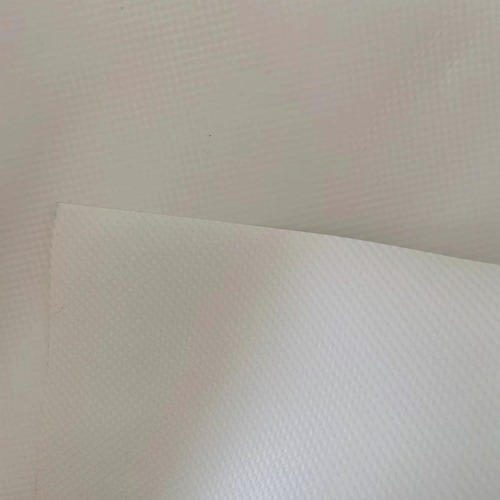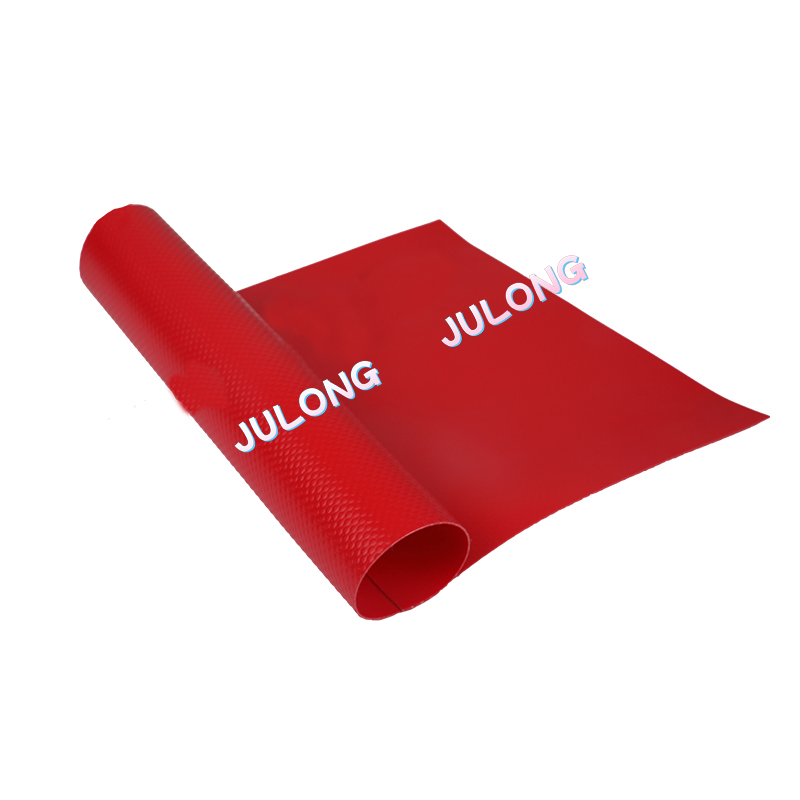Corrosion-resistant materials offer several advantages in various industries and applications where protection against corrosion is essential. Here are some key advantages of using corrosion-resistant materials:
Extended Lifespan: Corrosion-resistant materials are designed to withstand the effects of corrosion, which can cause degradation and deterioration of materials over time. By using corrosion-resistant materials, you can significantly extend the lifespan of structures, equipment, and components, reducing the need for frequent repairs or replacements.
Cost Savings: Corrosion can lead to significant financial losses due to the need for repairs, replacements, and maintenance. By utilizing corrosion-resistant materials, you can reduce these costs over the long term. The initial investment in corrosion-resistant materials may be higher, but the potential savings in maintenance and replacements outweigh the upfront costs.
Reliability and Performance: Corrosion can compromise the performance and reliability of structures, equipment, and components. Corrosion-resistant materials ensure that the integrity and functionality of these elements are preserved, leading to improved performance, enhanced safety, and fewer operational disruptions.
Enhanced Safety: Corrosion can weaken structures, equipment, and components, potentially leading to catastrophic failures or accidents. By using corrosion-resistant materials, you can mitigate the risks associated with corrosion-related failures, ensuring the safety of personnel, property, and the environment.
Maintenance Reduction: Corrosion-resistant materials require less maintenance compared to traditional materials that are susceptible to corrosion. This leads to reduced maintenance requirements, downtime, and associated costs. Corrosion-resistant materials often have low or no requirements for protective coatings, which further simplifies maintenance procedures.
Versatility: Corrosion-resistant materials are available in a wide range of options, allowing for customization and compatibility with specific applications and environments. These materials can be tailored to withstand various corrosive substances, temperatures, pressures, and other environmental factors, making them suitable for diverse industries such as chemical processing, marine, oil and gas, transportation, and more.
Aesthetic Appeal: Corrosion-resistant materials can maintain their appearance and finish over an extended period. This is particularly important for applications where visual appeal is desired, such as architectural structures, decorative elements, or consumer products. The use of corrosion-resistant materials ensures that the aesthetics are preserved while providing long-lasting protection against corrosion.
Environmental Benefits: Corrosion-resistant materials can contribute to environmental sustainability. By minimizing the need for repairs, replacements, and maintenance, these materials help conserve resources and reduce waste. Additionally, the use of corrosion-resistant materials in infrastructure and industrial applications can lead to longer service life, reducing the environmental impact associated with frequent replacements or refurbishments.




 English
English عربى
عربى







